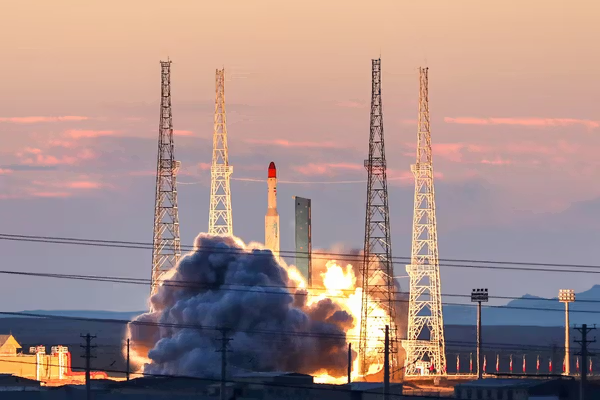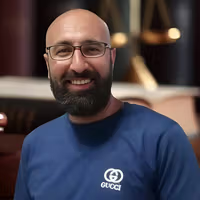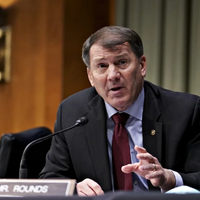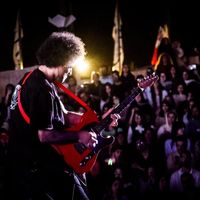The purpose of the Geneva meeting, the first such talks since Trump's election victory, was to assess the feasibility of engaging in serious negotiations before the official inauguration of the new US president on January 20, Reuters reported. The United States had previously announced it would not participate in the Geneva meeting.
Iran's deputy foreign minister Majid Takht-Ravanchi represented Iran in the negotiations. He was a member of the Iranian team that negotiated the 2015 nuclear deal, officially known as the JCPOA. In his previous term in office, Trump withdrew the US from the deal.
Following the Friday meeting in Switzerland, Kazem Gharibabadi, Iran's deputy foreign minister for legal and international affairs, wrote on X: "Another round of candid discussions with Political Directors of France, Germany and UK. We discussed and took stock of recent bilateral, regional and international developments, particularly nuclear and sanctions lifting issues."
"We are firmly committed to pursue the interests of our people, and our preference is the path of dialogue and engagement. It was agreed to continue diplomatic dialogue in near future," he added.
‘Nothing new, little progress’
The Geneva talks revolved around serious issues, including Iran's nuclear program, but resulted in little progress, Reuters reported citing diplomats.
There had been nothing of note in the meeting but that Tehran had shown an eagerness to explore how diplomacy could work in next few weeks, it added quoting a European official.
The Wall Street Journal also cited a European official saying "there was basically nothing new."
The Geneva talks were held after the International Atomic Energy Agency (IAEA) Board of Governors passed a resolution, proposed by the UK, France, and Germany, criticizing Iran's lack of cooperation with the UN nuclear watchdog.
The resolution emphasized the urgent need for Tehran to cooperate with the IAEA, and called on IAEA Director General Rafael Grossi to prepare a comprehensive report on the status of Iran's nuclear program.
The censure resolution has set the stage for a new phase in the dispute over Iran's activities which could lead toward more sanctions through the activation of so-called "snapback mechanism".










